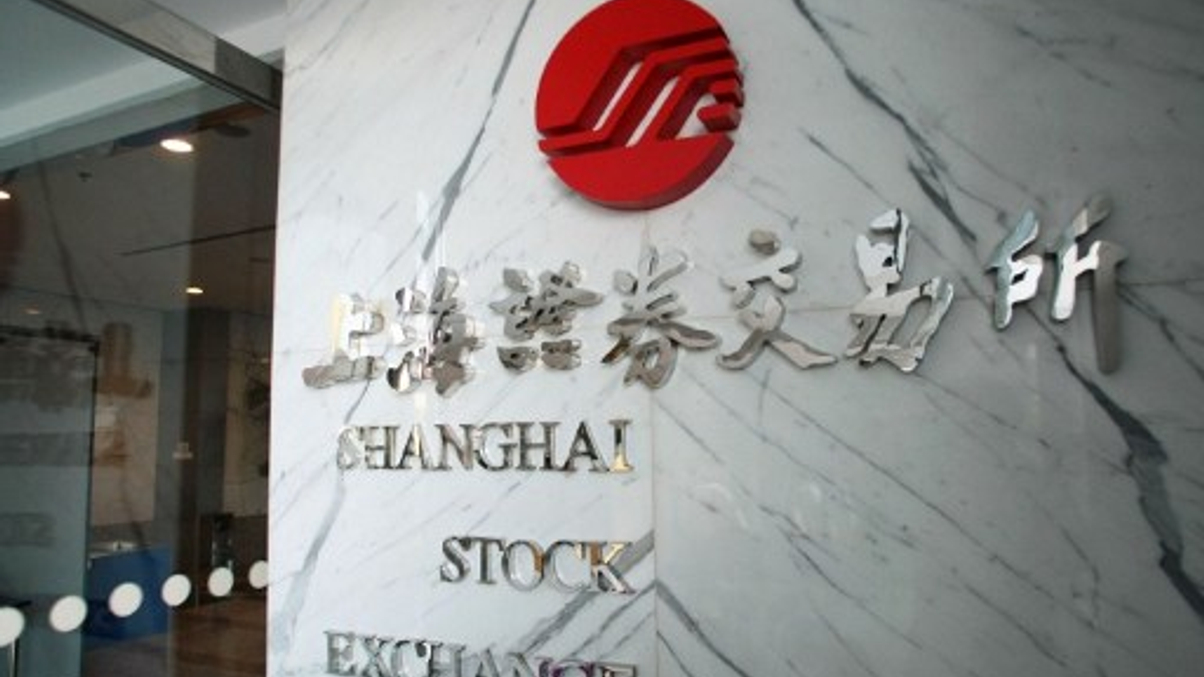Industry flags Stock Connect trading risks
Pre-trade checks and stock transfer restrictions are cited as particular problems for long-only managers who will look to trade A-shares via the Hong Kong-Shanghai stocks link.

Long-only buy-side managers could face operational, credit and execution risks when trading A-shares from Hong Kong via the pending HK-Shanghai Stock Connect programme because it is being set up to fit China’s settlement cycle, fear industry participants.
Sign in to read on!
Registered users get 2 free articles in 30 days.
Subscribers have full unlimited access to AsianInvestor
Not signed up? New users get 2 free articles per month, plus a 7-day unlimited free trial.
¬ Haymarket Media Limited. All rights reserved.


